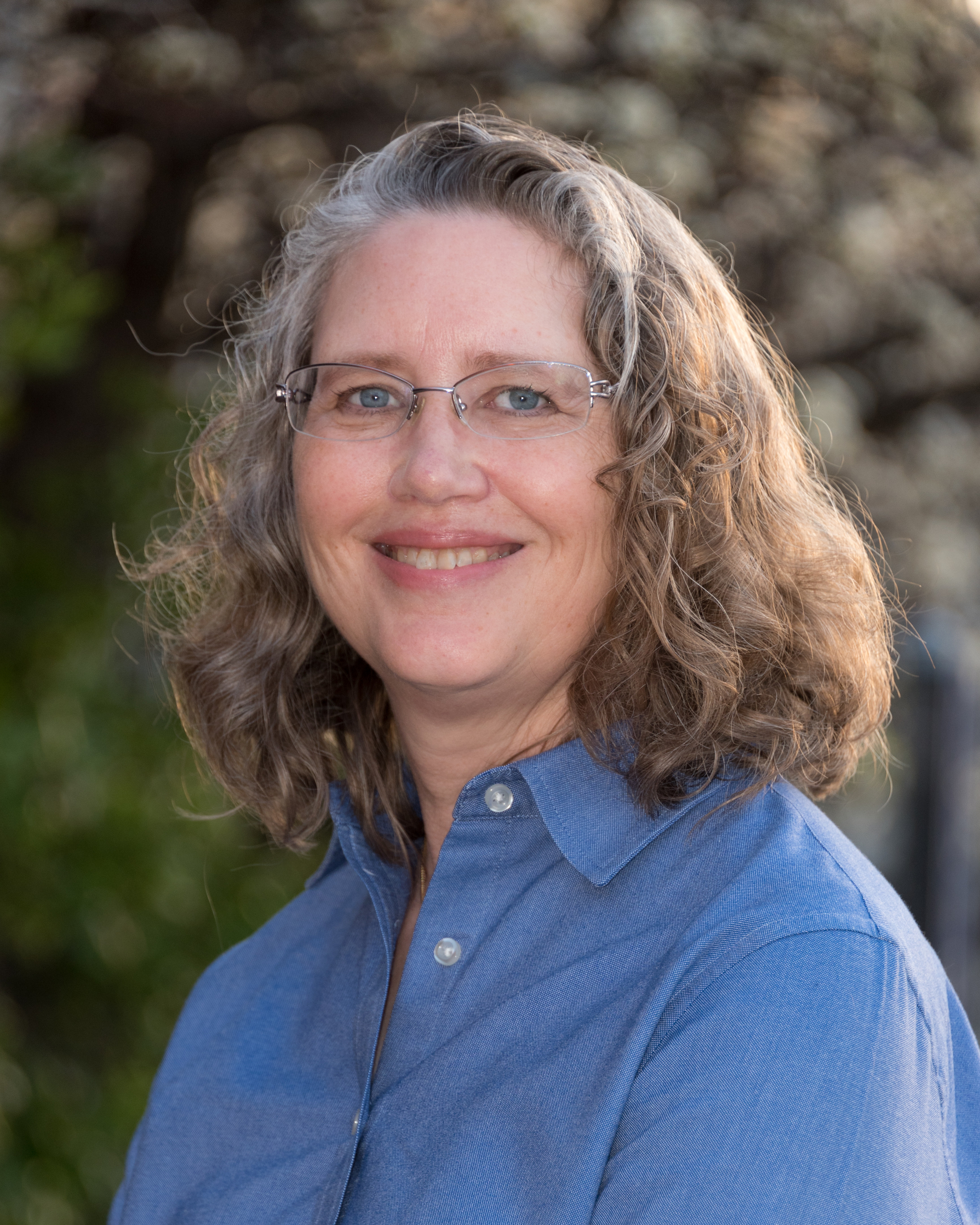Last Saturday afternoon I went to a local retirement community to teach some of the residents about Passover. I told them the Exodus story, explaining that we retell this story every year for the holiday. I also talked about the seder, going over the ritual items on the seder plate, and illustrating for them where each item fits into the Exodus story I had just related.
At some point I mentioned that the Hebrew word for Egypt is mitzrayim, and that it means “narrow place” (actually, narrow places). The woman immediately to my right asked, “What makes you say that?”
I told her it was a translation. She asked me where I was educated about these things. After I answered her question, she said she had lived for a while in Israel, and then said firmly, “You say it’s a translation? I doubt it!”
One would think I might be upset or annoyed by her act of contradiction, but I wasn’t. In fact, what I thought was, “I love this woman! This is a Jewish conversation we’re having.”
It reminded me a bit of a class on Judaism I took in my late 20’s. There was a woman named Tracy in the class, who often questioned what the rabbi said. He would offer one explanation, and Tracy would say, “Couldn’t you also interpret it this way?” or “Doesn’t another source say this opposite thing?”
Every time Tracy did this, the rabbi welcomed her questions with open arms. He not only tolerated her questioning, he encouraged it, and he encouraged the rest of us to follow her example.
It was such a departure from the Christian Bible study classes I had attended in high school with my Baptist boyfriend. In that class, it was abundantly clear that the leader was imparting unquestionable knowledge to the rest of us, and that nobody should, under any circumstances, even appear to be questioning the party line. It was also clear there was no way I was going to convert to Christianity – that kind of thinking just doesn’t work for me.
Maybe it’s a stereotype, but I like the Jewish culture of questioning everything. I like the truth behind the joke which says, “Ask two Jews a question and you’ll get at least three answers.” I like it when people listen, think critically about what they’re hearing, and speak out about what they think, without fear and without sugarcoating.
And that, to me, is part of what we’re supposed to be doing on Passover. Not just telling the Exodus story, but thinking about it, questioning it, discussing it. Was Egypt a narrow place? How or how not? Does the word mitzrayim have anything to do with the word tzar or “narrow?” How does the answer to that question change or enhance the Exodus story?
When it was time for me to go, I thanked everyone from the retirement community who had attended. But I especially thanked the woman on my right for her participation. I’ll take a little critical thinking and contradiction over vacuousness and indifference any day.
—————-
“Like” the “>follow me on Twitter.





















 More news and opinions than at a Shabbat dinner, right in your inbox.
More news and opinions than at a Shabbat dinner, right in your inbox.